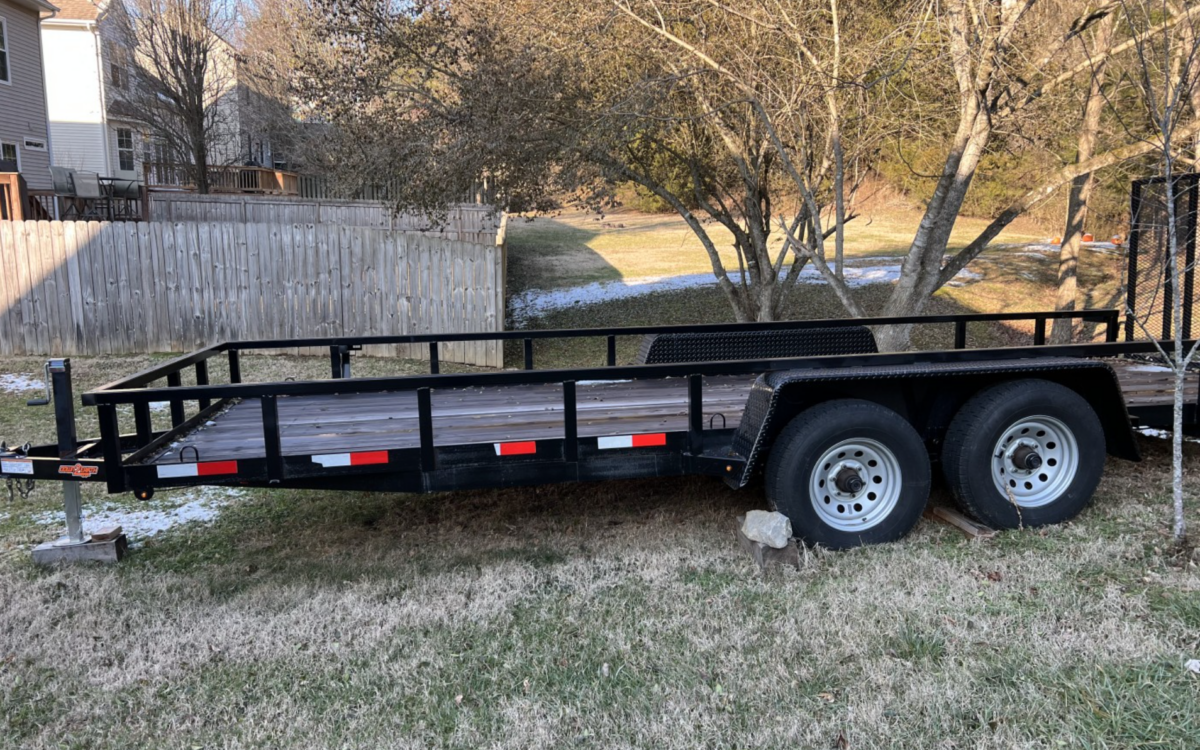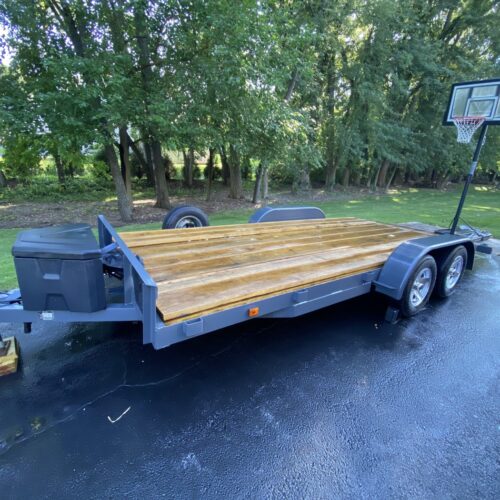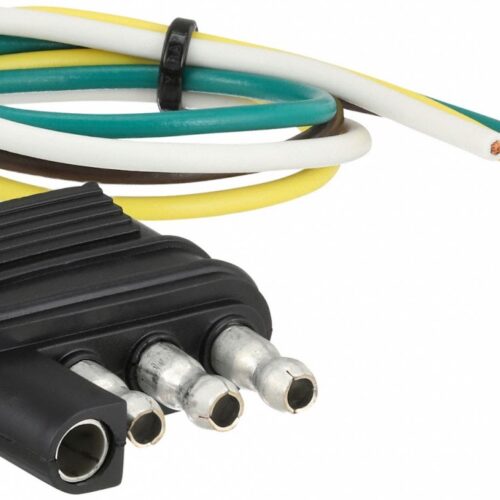Towing a utility trailer can be a practical and convenient way to transport equipment, goods, or recreational vehicles. However, it’s essential to understand Tennessee’s towing laws and regulations governing towing in your state to ensure both safety and compliance. In Tennessee, specific laws apply to towing utility trailers, covering everything from equipment requirements to speed limits. Let’s explore these regulations in detail to help utility trailer owners navigate the roads with confidence.
1. Trailer Registration and Inspection:
Before hitting the road with your utility trailer in Tennessee, ensure it is properly registered and inspected. Utility trailers typically fall under the category of non-commercial trailers, and owners must obtain a registration certificate from the county clerk’s office. Additionally, trailers may require inspection to ensure they meet safety standards.
2. Trailer Size and Weight Limits:
Tennessee imposes size and weight limits on trailers to ensure road safety and prevent excessive wear and tear on vehicles. The maximum width for a utility trailer, including any load, is 102 inches (8.5 feet), while the maximum height is 13.5 feet. Additionally, utility trailers must not exceed a gross vehicle weight rating (GVWR) of 10,000 pounds without proper permits.
3. Hitch and Safety Chains:
Proper hitching is crucial when towing a utility trailer. Tennessee law requires trailers to be securely attached to the towing vehicle with a hitch that meets safety standards. Additionally, trailers must be equipped with safety chains or cables to prevent detachment in case the hitch fails. These chains or cables should be crossed beneath the trailer tongue to catch it if it disconnects from the vehicle.
4. Brake and Lighting Requirements:
Utility trailers over a certain weight threshold may require brakes to assist in stopping safely. In Tennessee, trailers with a GVWR of over 3,000 pounds must be equipped with brakes on all wheels. Furthermore, trailers must have functional taillights, brake lights, turn signals, and reflectors to ensure visibility to other motorists, especially in low-light conditions or adverse weather.
5. Speed Limits and Safe Towing Practices:
When towing a utility trailer in Tennessee, it’s essential to adhere to posted speed limits and practice safe driving habits. Generally, drivers should maintain a safe distance from other vehicles, especially when towing a trailer, and reduce speed when navigating curves or descending steep grades. Excessive speed can increase the risk of accidents and make it difficult to control the towing vehicle and trailer.
Understanding and complying with Tennessee’s towing laws for utility trailers is essential for safe and legal operation on the state’s roads. By familiarizing yourself with registration requirements, size and weight limits, hitching and safety standards, brake and lighting regulations, and safe towing practices, you can enjoy hassle-free travels with your utility trailer. Always prioritize safety and follow the guidelines outlined by state authorities to ensure a smooth towing experience.




